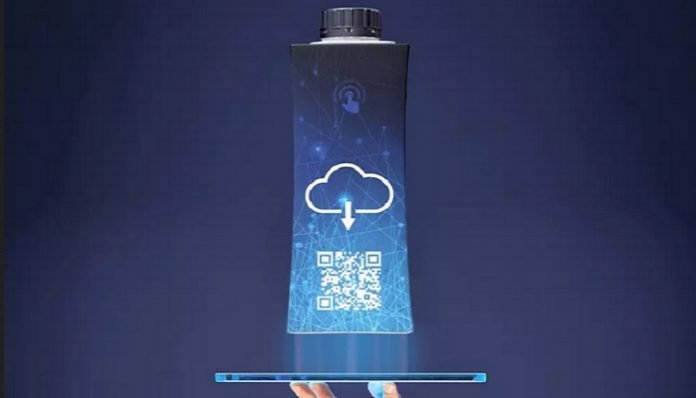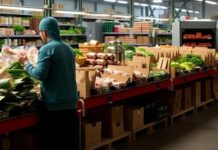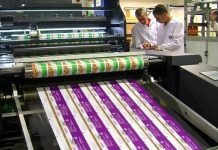Food processing and packaging solutions company Tetra Pak South Africa has launched the Go Nature Go Carton campaign to highlight the growing population’s need for access to food packaging that keeps contents safe, nutritious and readily available
In addition, the company also highlights that packaging can cause problems for the planet if it is not disposed of and recycled properly.
In terms of population growth and the requirement for readily available food products, Tetra Pak points out that, by 2050, the world’s population is estimated to reach 9.1-billion, thereby requiring an increase of 70% in food availability.
“With 33% of food lost or wasted each year, high-performance packaging plays a critical role in today’s global food delivery system,” the company notes.
Tetra Pak Southern Africa MD Stefan Fageräng says the world needs packaging that increases the use of materials with a reduced impact on nature.
As such, he posits that fibre-based carton packages are one such sustainable option currently available on the market. “Even so, they contain thin layers of plastic and aluminium to secure food safety.”
It is in this vein that Fageräng sees potential to “do better”. For Tetra Pak, this means developing a carton that can represent the “ultimate solution” for nature and climate, responding to challenges such as using only renewable or recycled materials, not draining the earth’s limited resources, as well as supporting carbon-neutral production and distribution.
In addition, other challenges that need to be addressed include ensuring a resilient food system that expands access to food and secures food safety, while also reducing food waste; helping support full recycling to keep materials in use; and to focus on the use of materials with a reduced impact on nature.
Fageräng says Tetra Pak has a long and proven history of “pioneering innovations”, especially pronounced with its developing of packaging that meant food was kept safe and that waste was reduced.
“With Go Nature Go Carton, we are accelerating our evolution to create the world’s most sustainable food package. We know that what we do works for people, but we need to create a carton that works even better for the planet,” he says.
PACKAGING OF TOMORROW
Tetra Pak’s journey to develop a new sustainable food package includes increasing the use of materials that reduce the impact on nature, thereby increasing the paper-based and plant-based content in Tetra Pak’s packages. This also includes sourcing raw materials in a way that protects biodiversity and natural environments.
The company’s endeavours to develop modern eco-friendly food packaging also extends to securing carbon-neutral production and distribution.
As such, Tetra Pak claims it will reach net-zero greenhouse-gas emissions and 100% use of renewable energy by 2030, thereby striving to achieve net-zero for the value chain by 2050.
Tetra Pak also aims to continue to protect food and ensure food safety and availability for a growing number of people around the world, while preventing food waste with farm-to-table processing technologies.
In terms of increasing recycling, the company is developing a fully recyclable package with a supporting collection, sorting and recycling infrastructure, which Tetra Pak says will be rolled out “everywhere”, thereby keeping materials in use for as long as possible.
Further, the company is aiming to reduce the amount of plastic and aluminium, while increasing the paper-based content in packages. This is because waste management systems around the world are not yet enhanced and not all materials can be infinitely recycled.
Going forward, Tetra Pak states that it is not enough to have a circular packaging model that is “blind” to energy intensity, carbon emissions and end of life impact. As such, what is required is a holistic environmental approach that subsumes a radical decarbonisation of materials, to reduce the impact on earth.
























